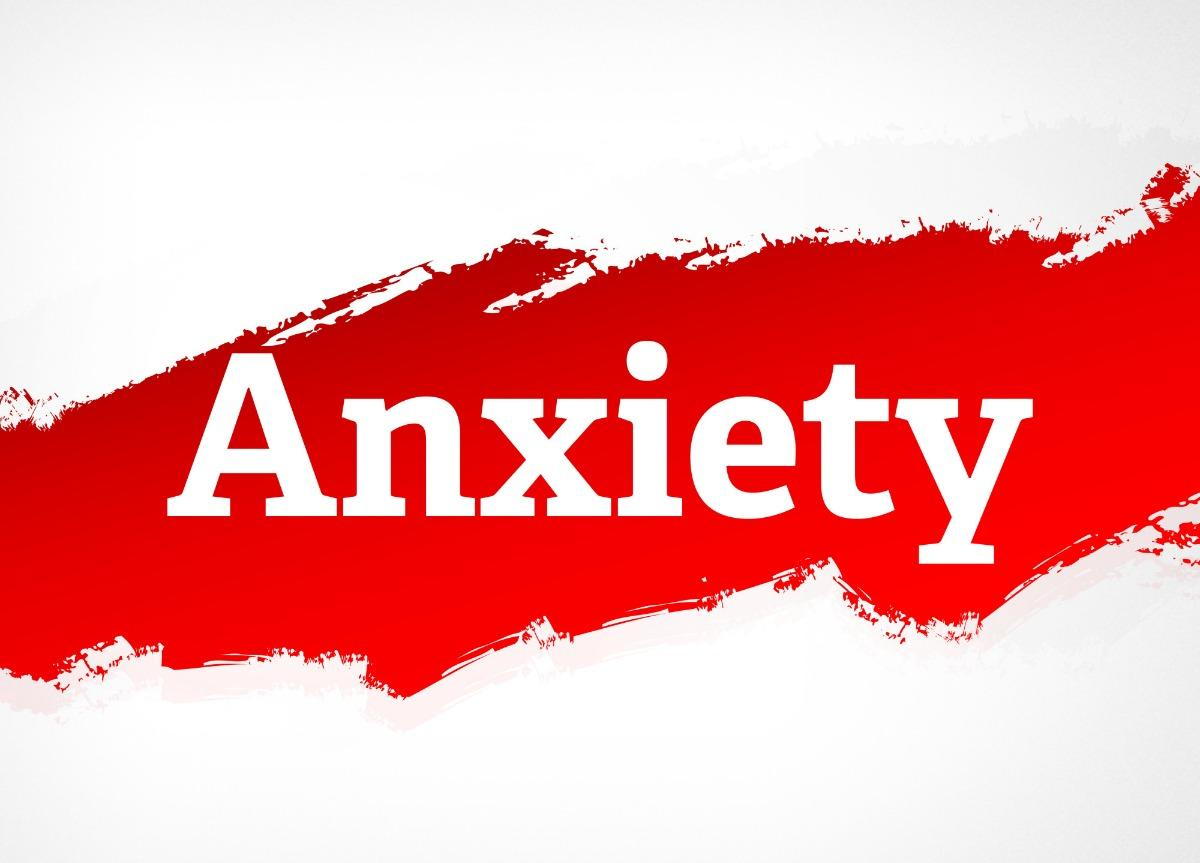
Occasional stress or anxiety is an expected and unavoidable part of life. Expectations at work, school, or a variety of other things can cause such feelings. This feeling lasts for as long as the situation is at hand, then subsides.
Anxiety is not such a temporary condition for those with anxiety disorders. Those with the disorder may experience anxiousness that lasts for a long span of time. Anxiety can escalate instead of fading out. They might experience extreme anxiety even when there is nothing to spur it.
There are several types of anxiety disorders that one might develop. Read on, and we'll walk you through everything you need to know.
Anxiety vs. Anxiety Disorders
There are many who don't understand the difference between anxiety and an anxiety disorder. If frequent anxiety is affecting you or a loved one, it's important to understand the distinction.
Anxiety is a human reaction to stress. It's intended to put the body into a heightened kind of fight or flight mode. Normal anxiety is usually the result of a stressor being present, whether that be a tough exam or your first day at a new job.
Those with anxiety disorders might feel anxiousness without any stressor being present at all. Small, tiny decisions or choices could force them into a high-alert state.
Those struggling with disorders also often experience disproportionate reactions to stressors. For example, it's normal to feel nervous about an exam. But a person with an anxiety disorder might feel high levels of stress weeks and weeks ahead of time.
Excessive anxiety can also result in many physical symptoms. These can include dizziness, headache, and nausea. A person with an anxiety disorder might have a difficult time being able to think and focus on the tasks at hand.
Many have found that anxiety disorders are becoming more common in the modern era.
Understanding Different Anxiety Disorders
Anxiety has a different way of affecting different people. There are several different types of anxiety disorders. They include generalized anxiety disorder and panic disorder.
Generalized Anxiety Disorder
Those with a generalized anxiety disorder report feeling excessive stress or worry for most days out of a six month period. This anxiousness covers a broad swath of topics. That includes health, work, sociability, and everyday routines.
Symptoms of a generalized anxiety disorder can include restlessness, fatigue, difficulty concentrating, and issues sleeping.
Those with a generalized anxiety disorder can have a very difficult time getting tasks done. They often have to cancel plans or avoid certain events due to their condition, which can cause further anxiety.
Panic Disorder
People with an anxious panic disorder experience sudden and unexpected panic attacks. If you've never experienced a panic attack, it is a sudden period of intense fear that comes on fast and reaches its peak within minutes.
During a panic attack, a person might experience a pounding heart rate, sweat, trembling, and extreme shortness of breath. An overwhelming feeling of doom or a loss of control is often common.
These attacks are sometimes brought on by specific stressors but can also occur at random. Those who experience panic attacks will try to avoid provoking one in the future. This often means avoiding places or situations that might prove to be stressors.
Panic attacks can be quite debilitating and prevent a person from completing tasks or engaging in normal behavior.
Phobia-Related Disorders
Individuals with a phobia-related anxiety disorder struggle with anxiousness due to specific stressors. These phobias are often understandable reasons to feel anxious. But a person with a disorder will have an extreme and disproportionate reaction to the stressor.
Intense, long-lasting anxiety and panic attacks can result from a person's exposure to their specific phobia.
Common phobia-related disorders include social anxiety disorder, agoraphobia, separation anxiety, or selective mutism. A disorder could be due to specific actions or objects, such as flying, heights, needles, or specific animals.
People with phobia-related disorders will likely do all in their power to avoid day-to-day contact with their stressor. If they can do this, they feel as if they can live normal lives. This attempt to avoid common stressors can disrupt the normal life routines of many that struggle with the disorder.
Getting Help
Our understanding of anxiousness and anxiety disorders is still developing.
Psychotherapy is a common form of treatment for those struggling with anxiety. For example, cognitive behavioral therapy is a form of psychotherapy that aims to teach individuals new ways of thinking.
It focuses on identifying, challenging, and neutralizing various anxiety-causing stressors. Exposure therapy involves forcing a person to interact with these stressors until they lose their impact.
Besides therapy, there are some medications prescribed to those with anxiety disorders. Anti-anxiety medications can reduce the feeling of stress or anxiety.
It's essential that people use anti-anxiety medication in a responsible manner. It's easy to become addicted to such medication. To avoid this problem, doctors usually prescribe medication for a short period of time.
Those with anxiety disorders also often join support groups as part of the treatment for their disorder. Talking with others in a safe environment can help to quell feelings of anxiousness or stress.
Struggling With Extreme Anxiousness
Everyone experiences anxiousness. But no one feels stress like a person with an anxiety disorder. Are you or someone you love struggling with constant anxiety? They may a disorder and need professional help.
Need help or a diagnosis? Contact me anytime to schedule an appointment.